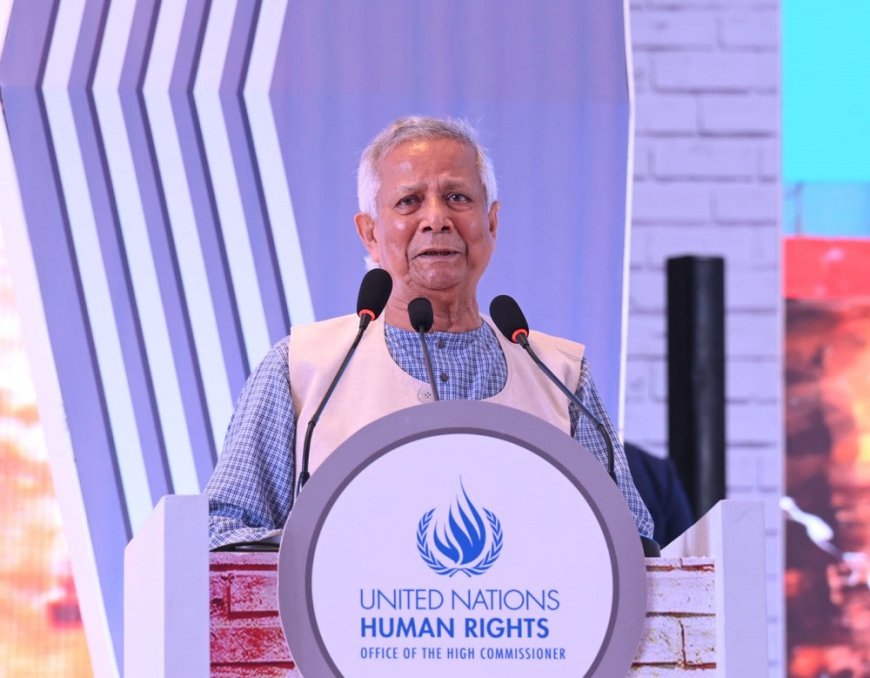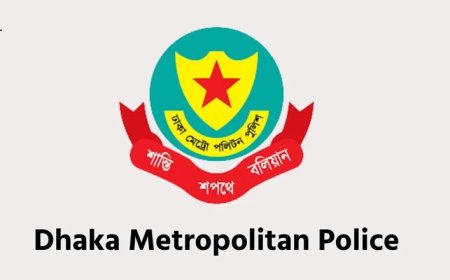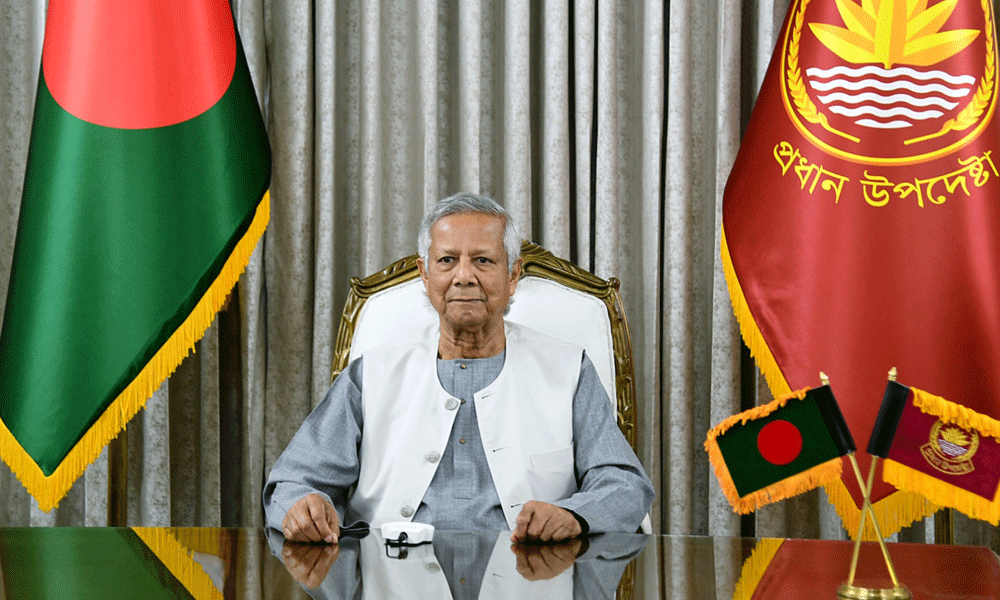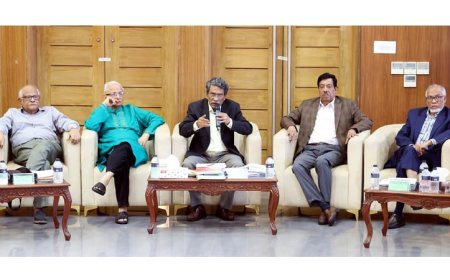Government striving to forge national consensus on reformed political system: Chief Adviser
The objective is clear—to build a society where every Bangladeshi can live in peace, with pride, freedom, and dignity, he states.

Govt Working to Build National Consensus on Renewed Political System: CA
Chief Adviser Professor Muhammad Yunus on Tuesday said the interim government is actively working to forge a broad national consensus around a reformed political system.
"We are striving to build a national consensus on a renewed political framework—one that ensures inclusive, participatory, and credible elections," he said.
"Our objective is clear: to build a society where every Bangladeshi can live in peace, with pride, freedom, and dignity."
He made the remarks while speaking at the UN Event on the July Uprising and Fact-Finding Report held at Hotel Intercontinental in Dhaka.
Prof Yunus acknowledged that the task ahead remains immense. "Our work is far from finished," he noted. "Alongside pursuing reforms, we are committed to holding accountable those responsible for gross violations of human rights."
"But justice goes beyond punishment. It’s also about ensuring that state power is never again used to silence, oppress, or destroy its own people."
Reflecting on the past year, he paid tribute to those who sacrificed their lives in the struggle for democracy.
"Their courage paved the way for a new chapter in our history—a Bangladesh rooted in hope, human rights, and democratic renewal."
Marking the first anniversary of the July Uprising, Prof Yunus described it as a pivotal moment in the nation’s history.
"It was a time when thousands of Bangladeshis—most of them young—rose against tyranny and reclaimed the future of our country. Their bravery spoke not just for Bangladesh, but for humanity."
He expressed gratitude for the unwavering support of the international community, particularly the United Nations, which has stood by Bangladesh from the Liberation War in 1971 to the Rohingya crisis and again during the turbulent days of July and August last year.
Quoting the post-WWII principles of the United Nations, Prof Yunus said the Universal Declaration of Human Rights had long served as a moral compass—and its principles are embedded in Bangladesh’s Constitution.
"Yet over the past sixteen years, these rights were systematically denied. Institutions were hijacked, freedoms curtailed, and violence used as a tool of governance," he said.
"Last July, the people of Bangladesh united to reject that reality, reclaiming their rights with determination and immense courage."
Following the formation of the interim government in August last year, Prof Yunus formally requested the UN Office of the High Commissioner for Human Rights (OHCHR) to conduct an independent fact-finding mission on alleged rights abuses from 1 July to 5 August.
"We believed a credible, impartial account of the truth was vital—not just for justice, but for national healing."
The UN report, released in February 2025, documented the scale of the atrocities—estimating over 1,400 deaths within weeks. It described the violence as systematic and orchestrated from the highest levels of the previous regime, raising concerns about potential crimes against humanity.
Prof Yunus said these findings were further corroborated by international media investigations, including by the BBC and Al Jazeera.
"We are grateful to the OHCHR for not only documenting the abuses but also providing comprehensive recommendations to help prevent such violations from ever happening again."
"We are committed to implementing these recommendations—not to satisfy others, but because it is our duty to ourselves," he said.
Since taking office, the interim government has introduced sweeping reforms, including amending the Code of Criminal Procedure and signing the International Convention for the Protection of All Persons from Enforced Disappearance.
Earlier this month, a Memorandum of Understanding was signed with the OHCHR to establish a facilitating mission in Dhaka.
"This mission will support our reform agenda by offering technical assistance and building the capacity of government institutions, local bodies, and civil society actors to safeguard human rights."
Prof Yunus said the United Nations has been a steadfast partner in Bangladesh’s democratic transition from the beginning.
He extended thanks to UN Secretary-General António Guterres for his consistent support and his visit to Bangladesh in March, and expressed deep appreciation to High Commissioner Volker Türk, the OHCHR Fact-Finding Team, UN Resident Coordinator Gwyn Lewis, and Senior Human Rights Adviser Huma Khan for their pivotal contributions.
"On behalf of the people of Bangladesh, I thank the United Nations for standing with us in our darkest hour. We look forward to continuing this vital partnership as we move forward."
What's Your Reaction?





















































































